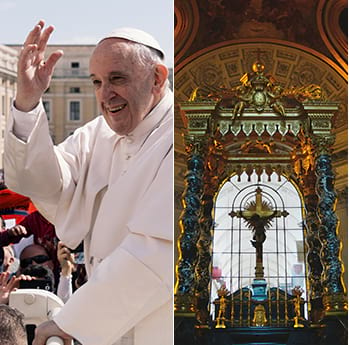It is often said that Africa is “a continent on the move.” Before European colonization there were no real borders on the continent, especially in sub-Saharan Africa, let alone “walls” or containing barriers, as unfortunately we know them everywhere today. There were, instead, empires whose geographical extent and borders varied, as well as acephalous societies, states without an established head or capital.[1] The only truly fixed and determined political reality for the inhabitants was membership of a clan or a specific ethnic group.
This, however, does not mean that Africa is a continent without history, without civilization – as was believed in the 19th century – a vast territory on the fringes of world affairs, with the exception of Egypt and the lands bordering the Mediterranean, which first became Roman, then Byzantine, and finally Islamic. This distorted idea of Africa as a “black hole” in the history of humanity derives from a racist mentality sometimes cloaked in science, which conceives European domination over the rest of the world as the result of the supposed superiority of white civilization over others.
The idea of the “civilizing” mission of the European colonial powers was born in this horizon, justifying colonialism, that is, the indiscriminate occupation of immense territories – which then, after decolonization, became nations – and the legitimacy, on the part of the occupants, of the exploitation of natural resources and populations.[2]
This article is reserved for paid subscribers. Please subscribe to continue reading this article
Subscribe
Welcome to
La Civiltà Cattolica !
This article is reserved for paid subscribers
Please login or subscribe to continue reading this article
























